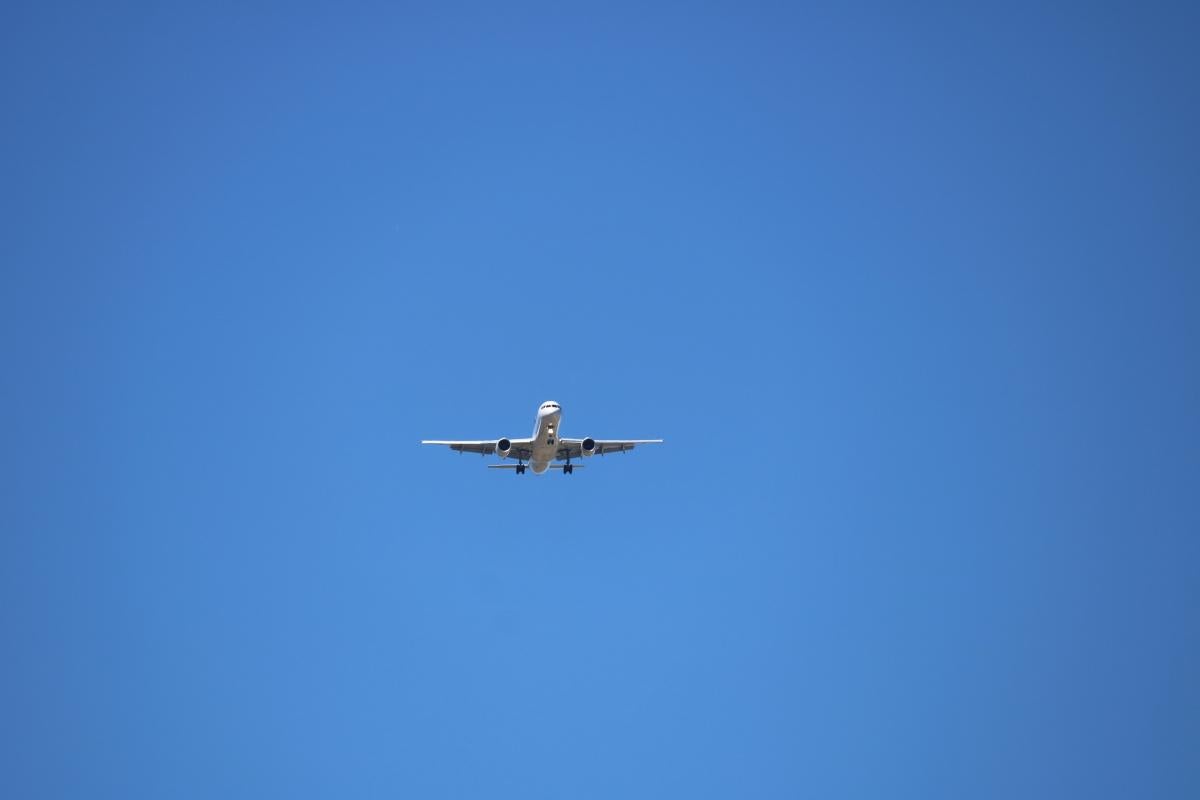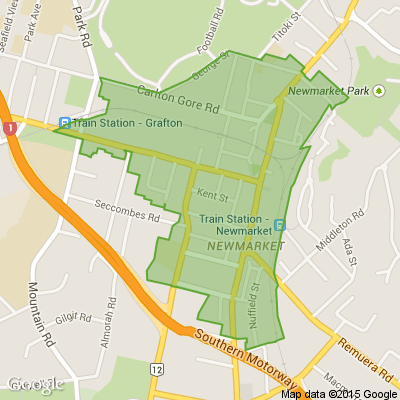Poll: Have you ever had a scary flight?
A plane flying from Christchurch to Wellington on Sunday had smoke billowing out of the engine and upon landing, passengers had to open the emergency exit and jump out. Have you had any scary flying experiences?

-
53.3% Yes!
-
46.7% No, it's always been smooth flying
Exclusive Christmas Sleep Deals - Up to 65% OFF Beds!
Hi neighbours,
This coming Christmas, why not treat yourself to better sleep? For one day only, we’re offering an extra 5% OFF on top of our already reduced Boxing Day Bed Sale prices!
With up to 65% OFF on selected beds and FREE delivery, there’s never been a better time to upgrade your sleep. But hurry, these deals are moving fast, and once stock is gone, it’s gone!
If you’d like to see what’s available:
Find your nearest Beds4U store: beds4u.co.nz/store-locator
Browse all Boxing Day deals: beds4u.co.nz/boxing-day
Don’t miss out, give yourself the gift of quality sleep this Christmas!

Scam Alert: Fake information regarding December Bonuses from MSD
The Ministry of Social Development is reporting that fake information is circulating about new ‘December bonuses’ or ‘benefit increases’
If you get suspicious communication, please contact Netsafe.








 Loading…
Loading…




